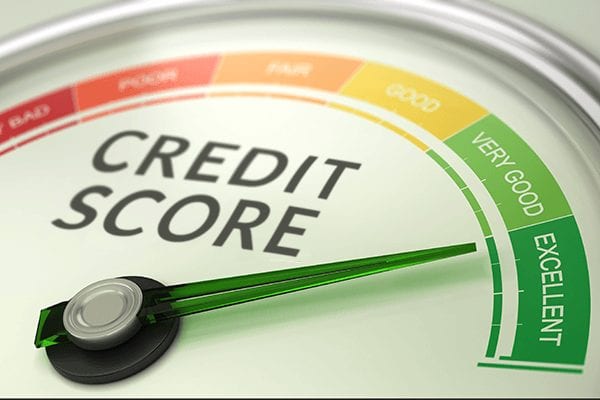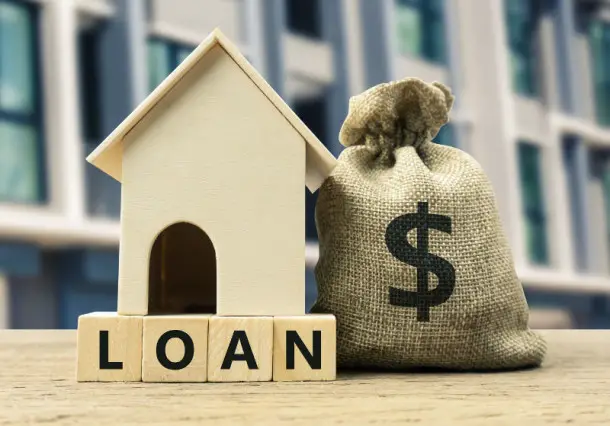A credit score is based on a person’s credit history, including the number of open accounts, total amount of debt, history of repayment, and other elements. Credit scores are used by lenders to determine the likelihood that a borrower would make timely loan repayments.
Numerous elements of your life are impacted by your credit score, including whether you qualify for a loan or credit card, the interest rate you pay, and even, whether you can rent the apartment you desire.
This article contains all that you need to know and do in order to increase your credit score.
What is Credit Score?
A credit score, which is a three-digit figure computed from data on a credit report, typically falls between the ranges of 300 and 850.
Credit scores can be used by lenders to assess loan eligibility, credit limit, and interest rate. Higher scores may provide creditors more assurance that you will pay off future debts in accordance with their agreement.
How to Improve Your Credit Score
You may be able to obtain more credit products with cheaper interest rates if you have a higher credit score. Borrowers with scores above 750 or so typically have a wide range of options available to them, including the possibility to get approved for 0% auto loans and 0% introductory APR credit card offers.
The better a borrower seems to potential lenders, the higher their score.
Here are some recommendations to help you raise your credit score.
- Frequently checking your credit report
- Free credit report from Equifax, Experian, and TransUnion
- Making payments on time is crucial for improving your credit score.
- Increase the speed of debt repayment.
What affects your credit score?
There are a number of things that one will do that may affect their credit scores either positively or negatively. Below are some of the things that can affect ones credit score and either increase or reduce their chances of obtaining a loan.
- Credit account history
In contrast to someone with little credit history, having a history of on-time payments will raise your credit score.
- Recent credit
It’s ideal to spread out any new credit applications you need to make. It would appear as though you are depleting your resources if you apply for credit facilities quickly.
- Account delinquency data
Your credit score will be affected by late payments because they show that you are vulnerable to debt and squandering.
- Available credit
This is the total number of existing or open accounts that are eligible for credit. Multiple credit cards could result in a decline in your credit score.

- Enquiry activity
Each time you ask for a loan, an inquiry is made. Because it would appear that you are taking on more debt, a high number of inquiries will lower your credit score. Try to sign up for the fewest possible credit facilities to avoid this.
How credit score is calculated
Your credit report is used to determine your credit score. For instance:
- The sum of money you have borrowed
- The quantity of credit requests you’ve made
- If you make timely payments
Lenders will view you as less risky if you have a better score. This can entail obtaining a better offer and saving money.
Your ability to obtain credit or a loan will be impacted by a low score.
What is a good credit score?
The typical credit score range is between 300 and 850. The risk to lenders decreases as the score rises. The 670–739 score range is regarded as a “excellent” credit score.
Read Also: FNB Loans: How To Apply For FNB Personal Loans In Ghana 2022
Source: http://loansinghana.com

